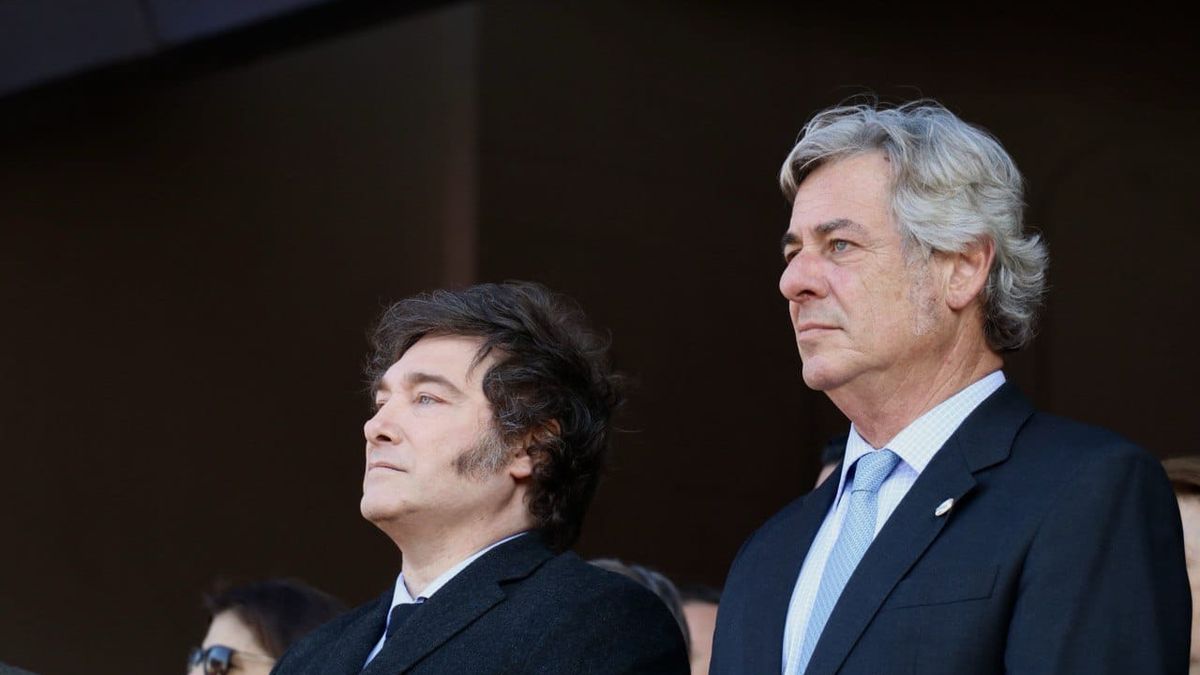China’s car manufacturers have long been considered to be copying German engineering. Now they seem to set the pace in the new world of mobility. Domestic car manufacturers brace themselves against the tense situation.
BYD, Nio, Xpeng, Leapmotor – Chinese car brands have so far mainly been known to insiders and car fans in Germany. But the newcomers from the People’s Republic are working hard to change that. With the emerging electronic age, they want to significantly expand their presence in Europe. At the IAA car and traffic fair in Munich, they present themselves to the public this Tuesday.
The new Chinese self-confidence is fed, among other things, by the mistakes made by German providers in the People’s Republic. Many traditional brands are not well received there with their electronic products. According to industry circles, local suppliers see VW’s plans to use technology from the start-up Xpeng for two new mid-range electric models in China as a sign of departure.
Chinese are pushing towards Germany and Europe
The Chinese electric car manufacturer BYD wants to sell its cars in Germany soon. This year, the company has not only wrested the market leadership from VW in China after decades because the Wolfsburg-based company has problems with its electric cars there. In addition, the Chinese have also left the US electric pioneer Tesla behind in total sales worldwide.
VW partner Xpeng also wants to start in Germany in 2024. Germany manager Markus Schrick announced that he would work with established dealers, while many other newcomers are primarily focusing on online sales. So far, Xpeng has primarily launched its offering in Northern European countries, but France and Great Britain are also planned for the coming year.
At Nio, whose cars are already available in Germany, it could also go one step further. “We are still relatively small in Europe,” said Europe boss Hui Zhang. “But if we’re selling around 100,000 vehicles, a factory in Europe could be profitable.” The Chinese carmaker scores points with its German buyers, above all, with an offer that is unique in this country: instead of charging their battery themselves, Nio drivers can have it automatically exchanged at a battery exchange station within a few minutes. The Shanghai-based company wants to sell almost 200,000 electric cars worldwide this year.
What the German car manufacturers have in their quiver
The German car manufacturers are fighting back: BMW with the concept vehicle for its upcoming and completely redesigned “New Class” model generation. It is intended to secure the carmaker’s position in electric drives as well. Mercedes has referred to its new CLA as a “one-liter car” to illustrate its economy, consuming less than 12 kilowatt hours per 100 kilometers.
VW CEO Oliver Blume does not yet see the Chinese ambitions as a threat. “We have the vehicle know-how, we have the level of quality. And we have a brand heritage. The new ones don’t have that.” In terms of price, the difference to the established providers will not be that great. “The Chinese will not be able to offer the cost level they offer in China in Europe,” he predicted.
The German manufacturers would not lose the race for the future, “the German location without massive reforms would,” said Hildegard Müller, President of the Association of the Automotive Industry (VDA).
Advances in electromobility planned
“We will have to work hard on the cost side,” admitted Blume. However, he showed confidence in that regard. This applies above all to the battery, which is the largest cost item in an e-car.
Germany’s largest charging network operator EnBW is meanwhile doubling its investments in its charging network. Even if the ramp-up of electromobility is currently faltering, over ten million e-cars are expected to be on German roads by 2030. “We are investing in the future and are now securing the best locations for ourselves,” said EnBW.
Experts advise looking ahead
VW wants to give its brands more recognition with distinctive designs. The Wolfsburg-based company presented a sportier GTI version of their ID electric series. However, experts also see a need to catch up when it comes to the design of German brands. Industry expert Ferdinand Dudenhöffer advises that German car manufacturers should not think too much about their successful roots in design, so as not to block their view of innovations.
Philipp Kupferschmidt, car expert at the management consultancy Accenture, also generally recommends looking ahead. “We must not make the mistake of expecting to be successful in the future based on past successes.” Time is of the essence.
problems in day-to-day business
Symptomatic of the current environment, new production problems were announced at the industry heavyweight VW. Due to the devastating floods in Slovenia and the resulting lack of engine parts, a plant in Portugal had to shut down assembly for two months from September 11th. Individual shifts in production will also be eliminated at the main plant in Wolfsburg. Short-time work will be requested for the employees concerned.
protests and criticism
The widely feared protest actions turned out to be rather small on the day before the official opening of the fair. Activists from the organization Extinction Rebellion triggered traffic jams with a rappelling action over the Mittlerer Ring in Munich. The nature conservation organization Greenpeace protested at the fair itself. Activists climbed into a lake with sunken cars in front of the main entrance and held up banners with inscriptions such as “Auto industry sinks climate protection”.
Source: Stern




